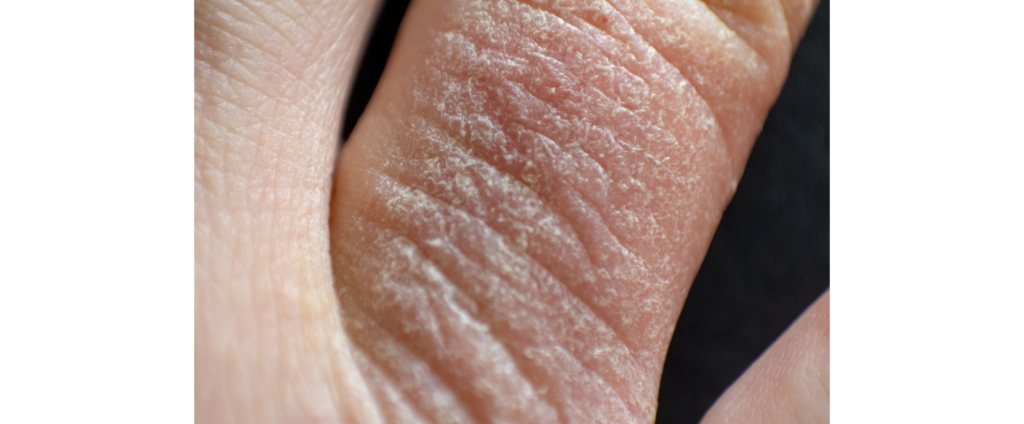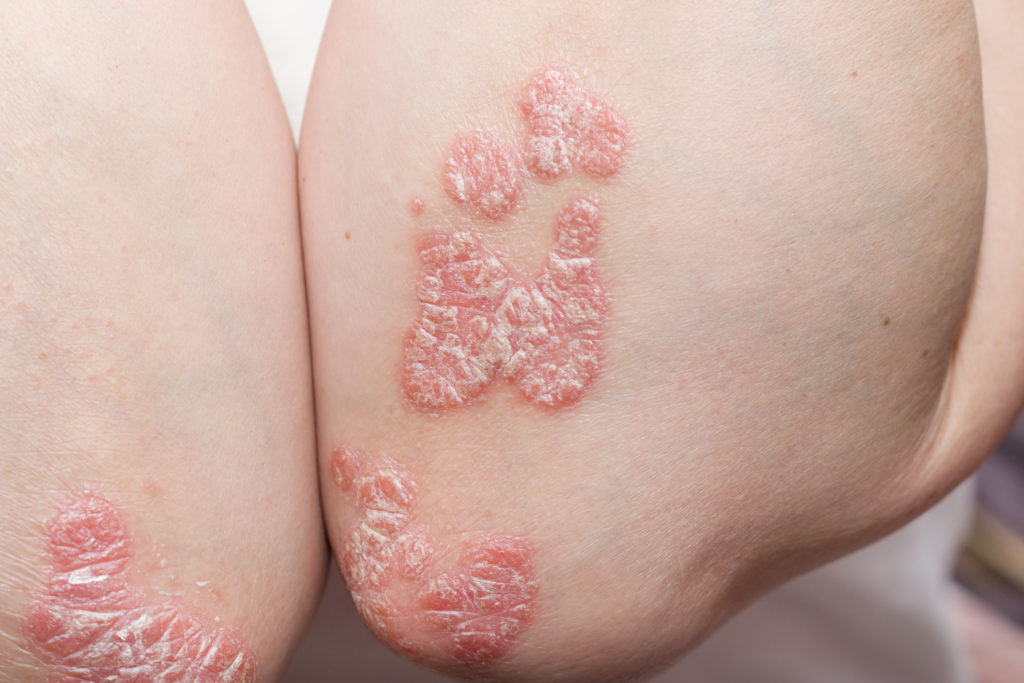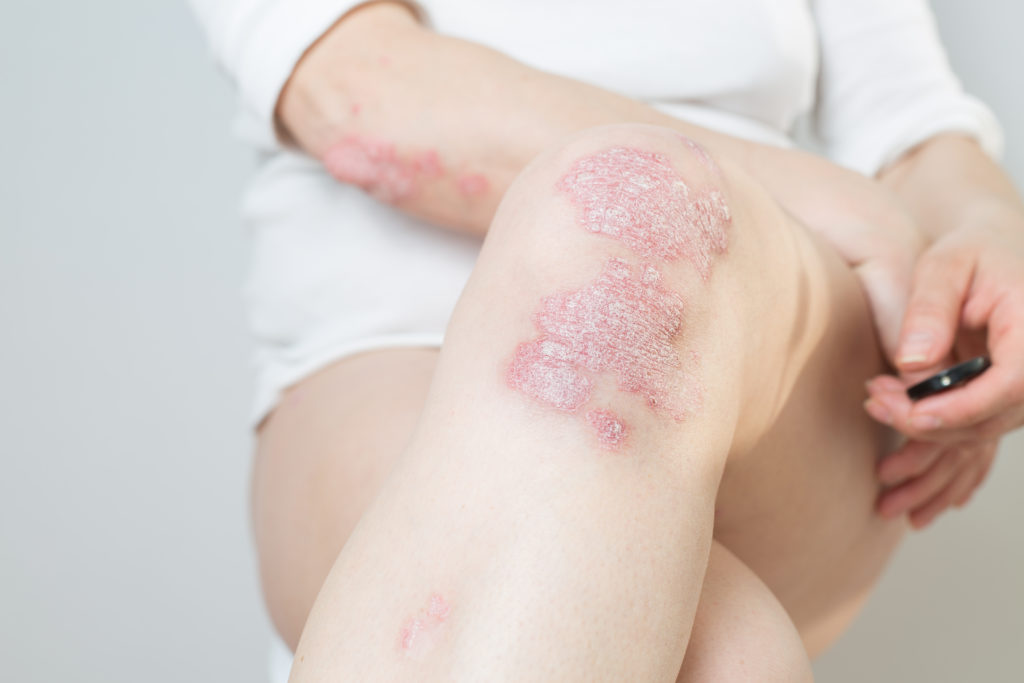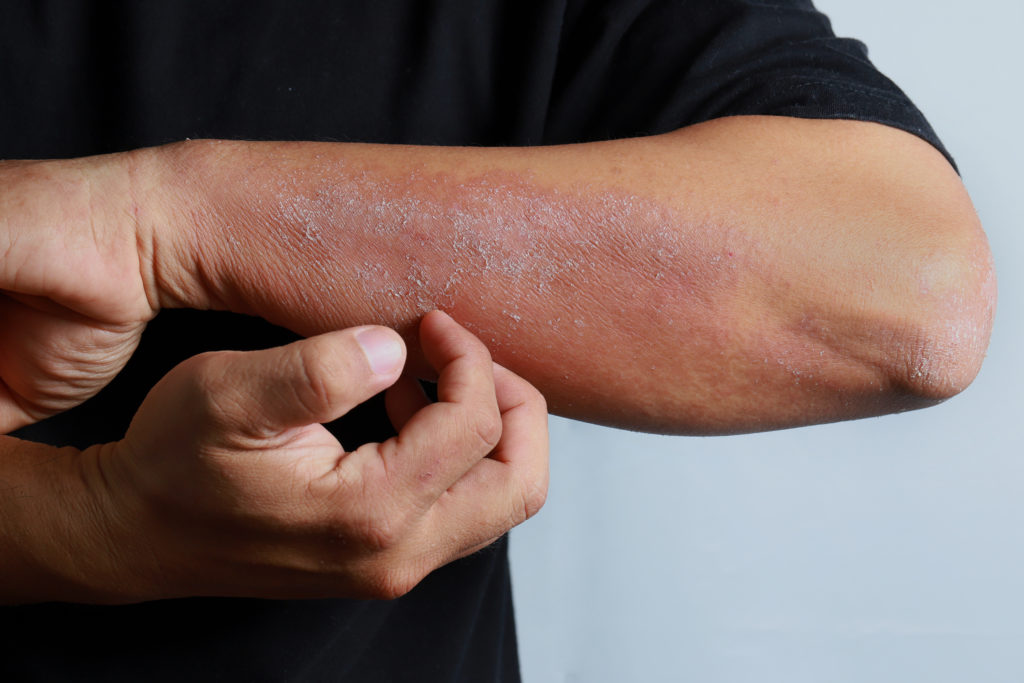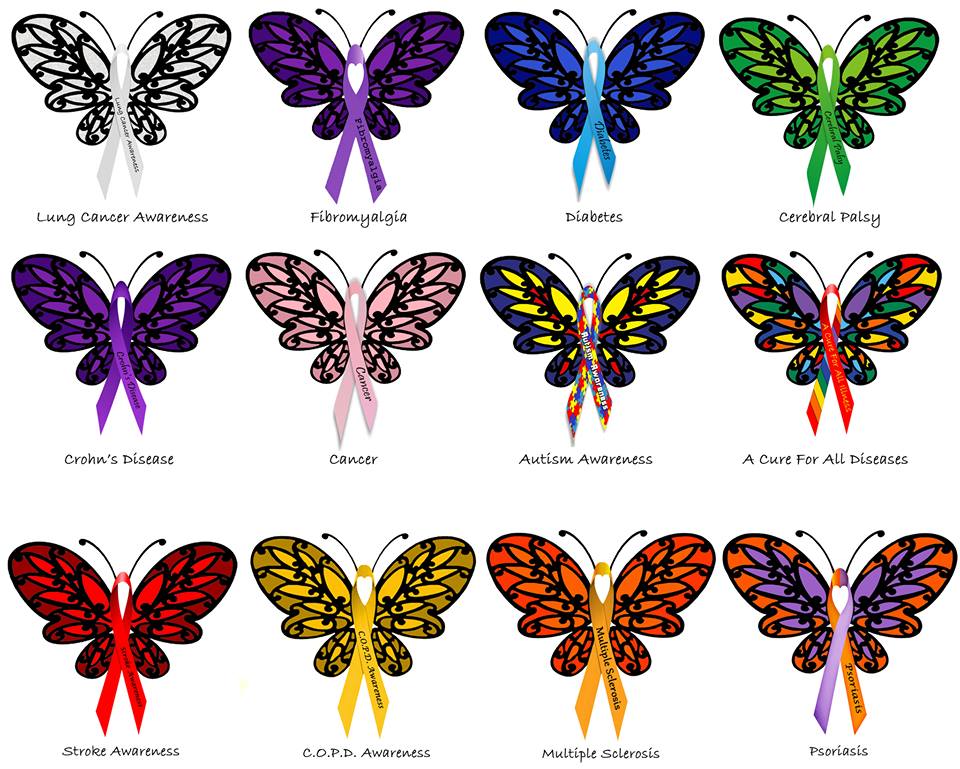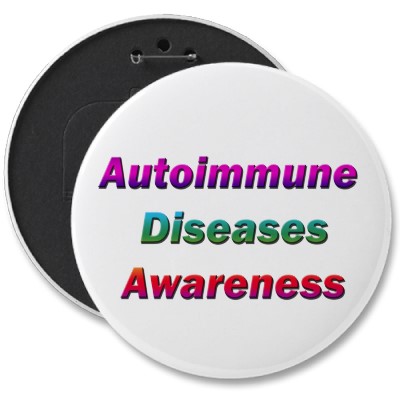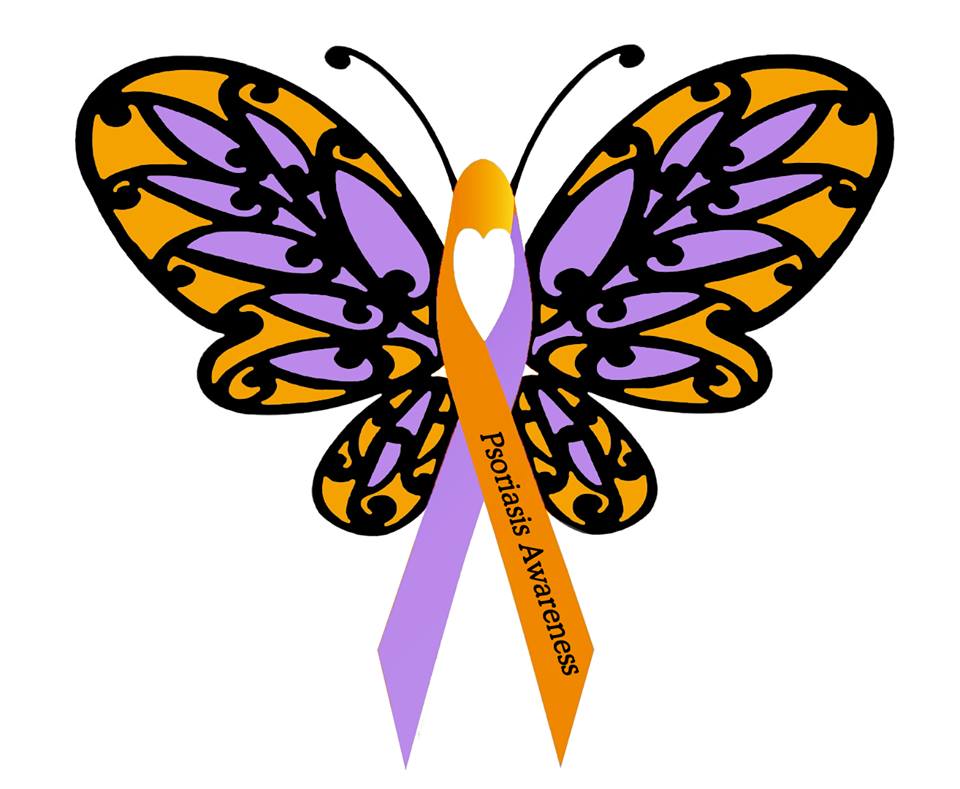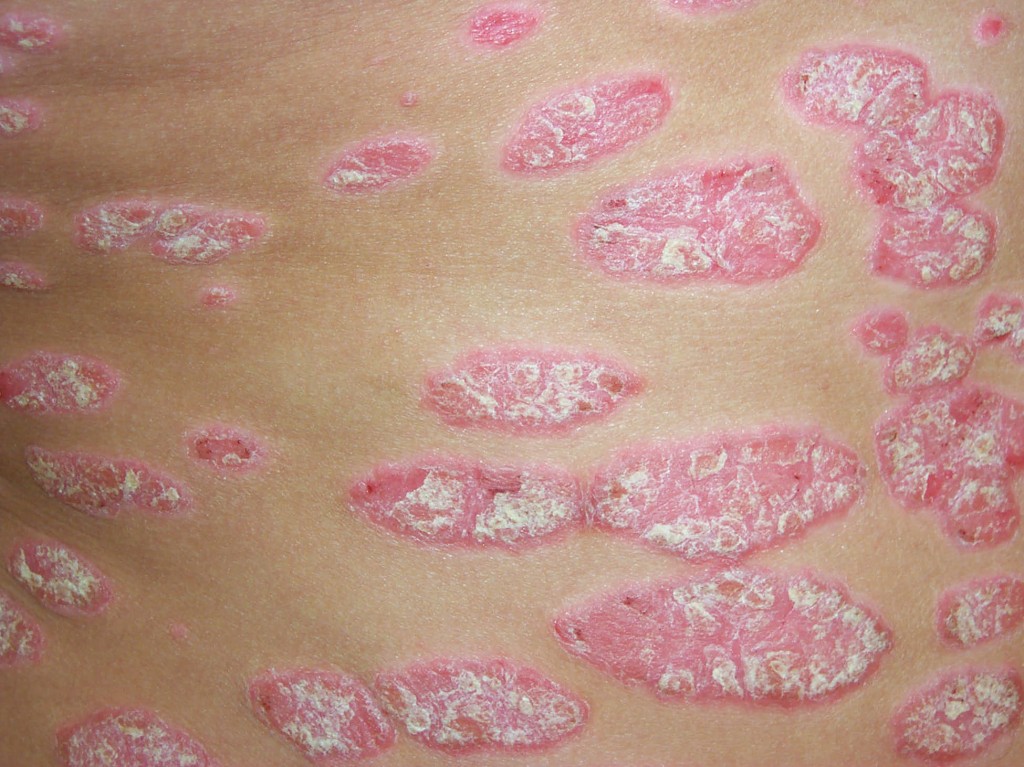
Made4 Vitamins breaks down some of the foods you can include in your diet to manage and improve acne, psoriasis and eczema.
Key findings:
- Anti-inflammatory foods, including antioxidant-rich fruits and vegetables, nuts, seeds and salmon can help to soothe all three skin conditions and are an essential addition to any skin-friendly diet.
-
- Eczema is often an allergic reaction, so managing histamine levels in the body is important. Probiotics, found in soft cheeses, miso soup, tempeh and sourdough bread, fight allergic reactions.
- Quercetin is a powerhouse when it comes to treating eczema from the inside – it reduces both inflammation and histamine levels. This ingredient can be found in spinach, blueberries, apples, kale and cherries.
- Just like its topical application (where it’s known as retinol/retinal/retinoids), vitamin A in the diet can combat acne. A diet that includes carrots, apples, grapes, watermelons and apricot is ideal.
-
- Vitamin E is another important ingredient in the fight against acne. Nuts, seeds, asparagus and pumpkin are rich in the vitamin – so Halloween is the perfect time to start adding it into your diet.
- Mango, red bell peppers and spinach are all high in both vitamin A and E. Supplements can help people to boost their level of these vitamins for healthy skin.
Three Common Skin Conditions and the Foods You Can Add to Your Diet to Treat Them
There’s a skincare product for every condition. But when it comes to medical conditions that affect our complexion, sometimes we need a bit more of a boost.
Did you know that the food you eat can have an impact on various skin conditions? An estimated 60% of people in the UK have some form of skin condition, so it’s vital that we manage them in the best way possible.
Here, personalised vitamin provider Made4 Vitamins discuss some of the foods you can add to your diet to help combat the signs of three common skin conditions.
Acne
Who among us hasn’t suffered from a bout of acne at one point in our lives? Whether you battle it on the daily or you have the occasional flare-up, acne can be an ongoing struggle for many people. In fact, 95% of people aged between 11–30 experience it. Acne comes in many forms, from blackheads and whiteheads to pustules and papules.
While eating fast food doesn’t cause acne – a common misconception – there are a lot of nutritious foods that can improve it. Vitamin A is a popular, well-studied ingredient in skincare, with acne-fighting and anti-ageing benefits. You probably know this better as retinol, retinal, or retinoids in your topical skincare routine.
Studies have shown that a diet with plenty of vitamin A can help to lessen severe acne; the same goes for vitamin E. It should come as no surprise that the latter is an anti-inflammatory and – you guessed it – acne is an inflammatory reaction.
Carrots, apples, grapes, watermelons and apricot are all foods rich in vitamin A, so be sure to add them to your diet. For your vitamin E fix, add a range of nuts and seeds (especially sunflower seeds, almonds and peanuts), as well as asparagus and pumpkin, to your plate. With Halloween around the corner, why not take the opportunity to enjoy your favourite seasonal treats, like pumpkin soup or pumpkin pie?
For the best of both worlds, mango, red bell peppers and spinach are rich in both vitamin A and E. It doesn’t hurt to take a supplement if you’re finding it hard to fit these vitamins into your diet – but make sure you’re taking a tailored mix of vitamins to avoid under or overdosing on your vitamin needs.
Psoriasis
Psoriasis is a condition that affects around one in 50 people in the UK. It causes scaly, flaky skin that doesn’t look or feel good. As well as causing sore and itchy patches, it can knock our confidence when it’s noticeable. What’s more, cold weather can trigger psoriasis flare-ups, making it even more important to manage effectively in the winter months.
When it comes to hacks for treating psoriasis, celebrities are taking things into their own hands. Kim Kardashian drank sister Kourtney’s breast milk and applied it to her psoriasis patches – with little success. Instead of this ineffective hack, try hacking your diet instead.
Because psoriasis is an inflammatory condition, eating anti-inflammatory foods can help reduce its severity. Most fruit and vegetables, as well as herbs rich in antioxidants, are all anti-inflammatory. Healthy fats – such as those found in salmon, nuts and seeds – also help to reduce inflammation in our bodies and skin. Fish oil supplements can be beneficial if you’re not a fan of eating seafood.
Eczema
Eczema is another common skin condition that can cause tight, dry skin that peels and flakes. It affects 1.3 million people in the UK. People who have allergies are more prone to eczema and it can be considered an allergic reaction in some cases. And, like psoriasis, it can worsen in winter. Dry air and indoor heating can make your skin more dehydrated out even more, so start incorporating some eczema-soothing food into your diet ahead of the coldest months.
As well as using deeply moisturising and nourishing skincare products that contain ingredients like shea butter and glycerin, you can hydrate your skin and prevent flare-ups from the inside out. Probiotics can help fight the allergic and inflammatory reactions that cause eczema, so fill your kitchen with tempeh, sourdough bread, soft cheeses and miso soup.
Like psoriasis, people who have eczema can benefit from a diet filled with heart-healthy, anti-inflammatory foods. Allergic reactions in the skin are caused by inflammation, so be sure to add nuts, seeds and fatty fish such as salmon and herring.
For the best of both worlds, quercetin is the ingredient you need to look out for. This plant-derived flavonoid is both an anti-inflammatory and an antihistamine, meaning it can reduce initial allergic reactions as well as the ensuing physical symptoms. You can find this powerhouse ingredient in broccoli, blueberries, cherries, apples, spinach and kale. Green smoothie, anyone?
Whether you live with a long-term skin condition like psoriasis or experience intermittent flare-ups of acne or eczema, they can be frustrating to deal with. A combination of the right topical skincare and foods rich in ingredients that nourish your skin are the key to managing a range of skin conditions and having a complexion that is hydrated, soft and blemish-free.
